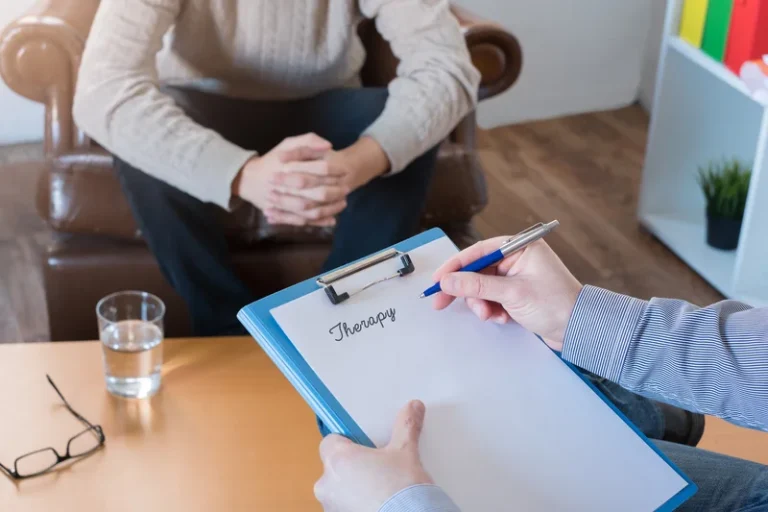Alternatively, it might require using strategies such as diverting your attention, reaching out for help, or engaging in mindfulness exercises when confronted with a potential trigger. External triggers are factors outside of an individual that may provoke a craving or desire to return to substance use. Developing an understanding of these external triggers and learning effective strategies to cope with them is essential in preventing relapses.
Types Of Addiction Relapse Triggers
Mindfulness is a practice that encourages focus on the present moment and can help to reduce stress, improve concentration and increase emotional regulation. Meditation is a practice of focusing on quieting the mind to cultivate clarity, serenity, and insight. Psychological addiction triggers can be avoided by taking proactive steps to address the underlying issues causing them.
What are the stages of an addiction relapse?
Substance abuse treatment aims to help individuals recognize the early warning signs of relapse and develop healthy coping skills to thwart a potential relapse. Long-term drug use creates an association in the brain between daily routines and drug experiences. Individuals may suffer from uncontrollable drug or alcohol cravings when exposed to certain cues. The cravings act as a reflex to external or internal triggers, and this response can even affect individuals who have abstained from drugs or alcohol for a long time.

Get started on the road to recovery
A person can find alternative routes to avoid high-risk places, such as places where they used to meet their dealers or bars where they used to binge drink. However, if avoidance hinders your ability to function, you should seek help. Another potential benefit is that these warnings can help improve individual empowerment, internal and external triggers allowing people to make informed choices about how they engage with information. Some people cope with stressful events more easily than others; consider the impact such events might have on people with mental illnesses. Most baldness is caused by genetics (male-pattern baldness and female-pattern baldness).

High-risk places remind former drug users of the times they engaged in substance use. Walking or driving through places where they used to drink or consume drugs can spark a memory connected to drug or alcohol use. If you have not been formally diagnosed with an anxiety disorder, a healthcare provider can assess your symptoms and determine the best treatment options for your particular situation.
Internal triggers are experienced in the form of emotions and thoughts and can be difficult to cope with. You may feel angry, guilty, or shameful about past choices, and these intrusive, negative thoughts can deter the recovery process. Having a plan of action and developing coping techniques can help prevent internal triggers from compromising your success. Addiction relapse triggers in drug and alcohol abuse recovery are quickly becoming a major concern for inpatient and outpatient treatment addicts. Substance abuse triggers are internal and external cues that cause a person in recovery to crave drugs and often relapse or lapse.

Create healthy habits
- Emotional relapse is the first of three stages of relapse, so keeping an eye on your emotional state is an important way to manage triggers.
- Burying your feelings or coping in a negative manner can increase your risk of relapse, while positive coping techniques can help you overcome any obstacles you may face.
- Currently focused on advocating, educating and developing projects leveraging evidence based, real time technology to support individuals in recovery.